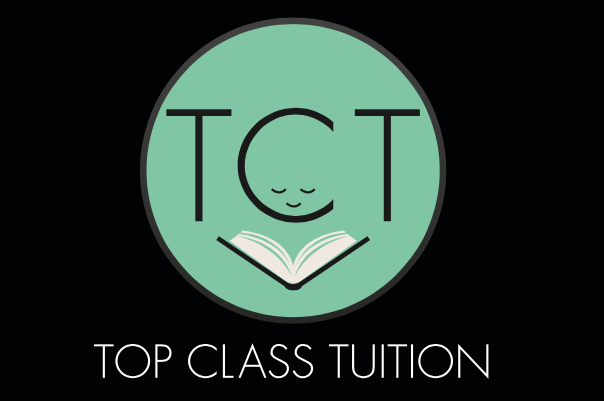Year 11 pupils across the UK will be receiving their GCSE mock exam results this month. Some will feel confident and reassured that they are on track to achieve targets set out for them. However, others will be feeling the January blues more than ever due to shock results and possible under performance. We understand that this can be an extremely stressful time but our advice would be not to despair as it’s not too late to turn it around. There is still plenty of time to make the progress needed to achieve in the looming Summer examinations.
Schools in Blackpool are under pressure to improve results and climb the league table ladder; teachers are working tirelessly to improve grades whilst facing many other daily challenges; parents are also feeling the strain of stressed teenagers at home that they want to help so their child can gain the qualifications required to access Further Education and employment and teenagers are feeling the pressure from everyone around them.
As former secondary school teachers and GCSE examiners, we are no strangers to the stresses of the academic terms ahead.
Top Class Tuition have come up with 5 top tips for parents and carers to support teenagers with the trials and tribulations of the GCSE period:
1. Be organised -This is important both in the run up to the examinations and for the examination period itself.
*Create a revision timetable as early as possible. The average pupil sits ten GCSE subjects so if they were going to spend a week revising each, they would need a few months to complete this. It is worth remembering that homework should be revisiting topics covered in school and this also counts as revision. Find a calm space for teenagers to revise – this might be in their bedroom, a spot at the kitchen table or even in a local library. Try to keep it quiet and without any distractions.
* During the examination period, pupils need to be well equipped; it is an additional stress if they attend the examination without the correct equipment. Buy a clear pencil case and fill it with the essentials. Remember a clear bottle of water is also allowed but the label must be removed in advance.
2. Health and Wellbeing – The benefits of a healthy lifestyle should not be underestimated in the run up to the examinations.
Encourage teenagers to go to bed at a reasonable time. Avoid electronic devices in the bedroom – these are the biggest distractions and the leading cause of sleep deprivation in teenagers.
Promote healthy eating – a good breakfast will set teenagers up for the day. Try to avoid the morning trip to the corner ship for energy drinks and a packet of crisps. Have fruit readily available and remember that a banana is much more effective than a Mars bar as an energy boost before an examination.
* Encourage exercise – spending all evening behind a desk will soon get repetitive. Walking the dog, a run around the park or a kick around with friends will help teenagers to relax and also release endorphins – a stress busting tip!
3. Take advantage of the support available
There is a lot of support out there if you know where to look for it. A good start is accessing revision sites or purchasing revision guides. Be mindful that these vary in effectiveness so make sure you know that they are approved by the examination boards your child is studying. Ask your teenager’s school for any sites they have subscribed to and how to access from home; a lot of the more modern sites are available as mobile phone apps. Also, schools may offer discounts for revision guides or they might be available in the library – it is always worth asking.
Take advantage of sessions going on at school.
* Invest in a private tutor – sometimes pupils need an extra boost and work better in a small group/ one-to-one situation.
4. Be supportive
Talk about examination nerves – teenagers have a tendency to bottle up emotions and this will only increase stress levels. Make sure they know they have someone to talk to.
Help pupils to study – Parents are invaluable at helping with revision. Encourage teenagers to write cue cards which they can be tested on or to tell you about topics. Sometimes writing key words and plastering them around the house ensures that they are exposed to them throughout the day or making up rhymes or mnemonics can help to get the cogs turning.
Be Flexible – This is a key time to not sweat the small stuff – they may have an untidy bedroom or have forgotten to empty the dishwasher. Try to let these things not turn into big things – in periods of stress, things can escalate very quickly and home life needs to be as calm as possible.
5. Avoid comparisons
* Don’t add to the pressure – You may have high hopes for your child; they are lucky to have your support and they will realise it if they haven’t already. However, they may interpret aspirations for pressure – ensure that you explore ‘what if?’ situations together and have a Plan B. Don’t compare them with other pupils/siblings and encourage them not to compare their scores to classmate’s results.
